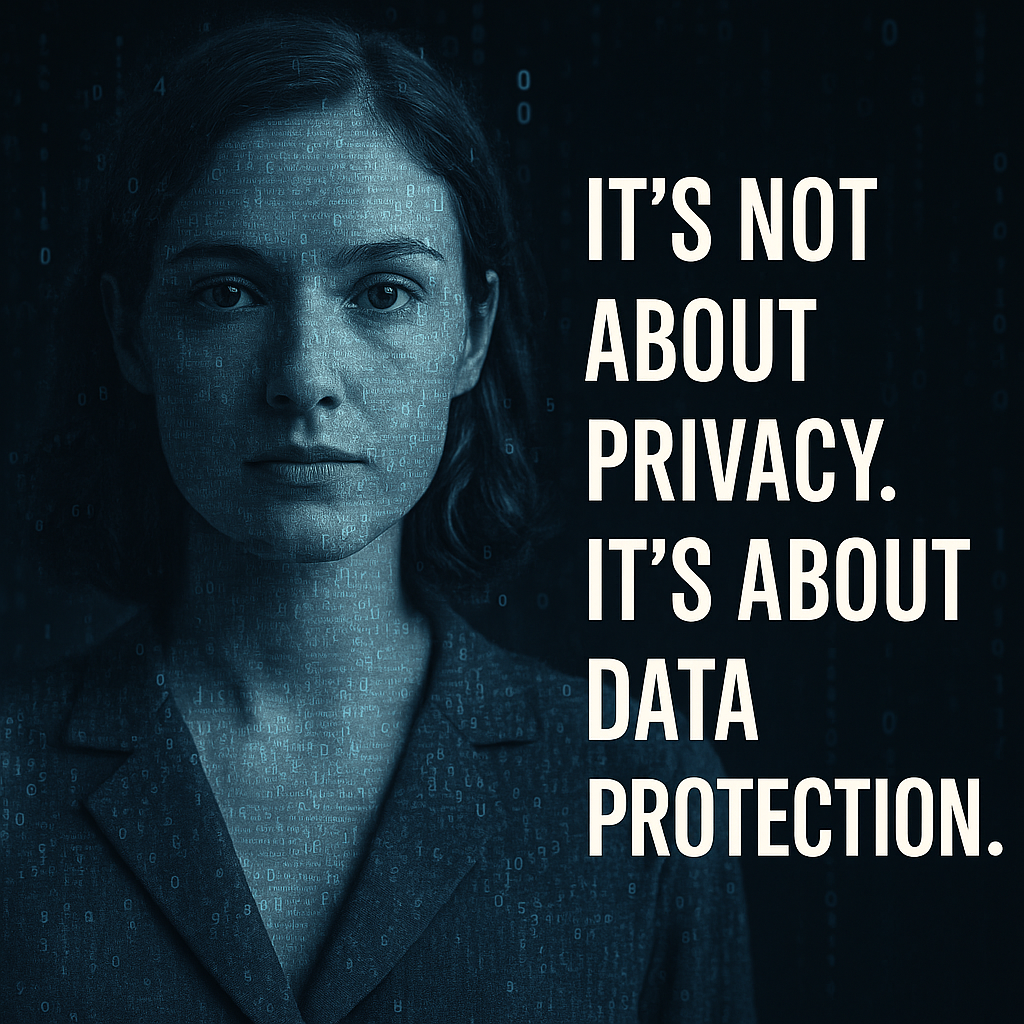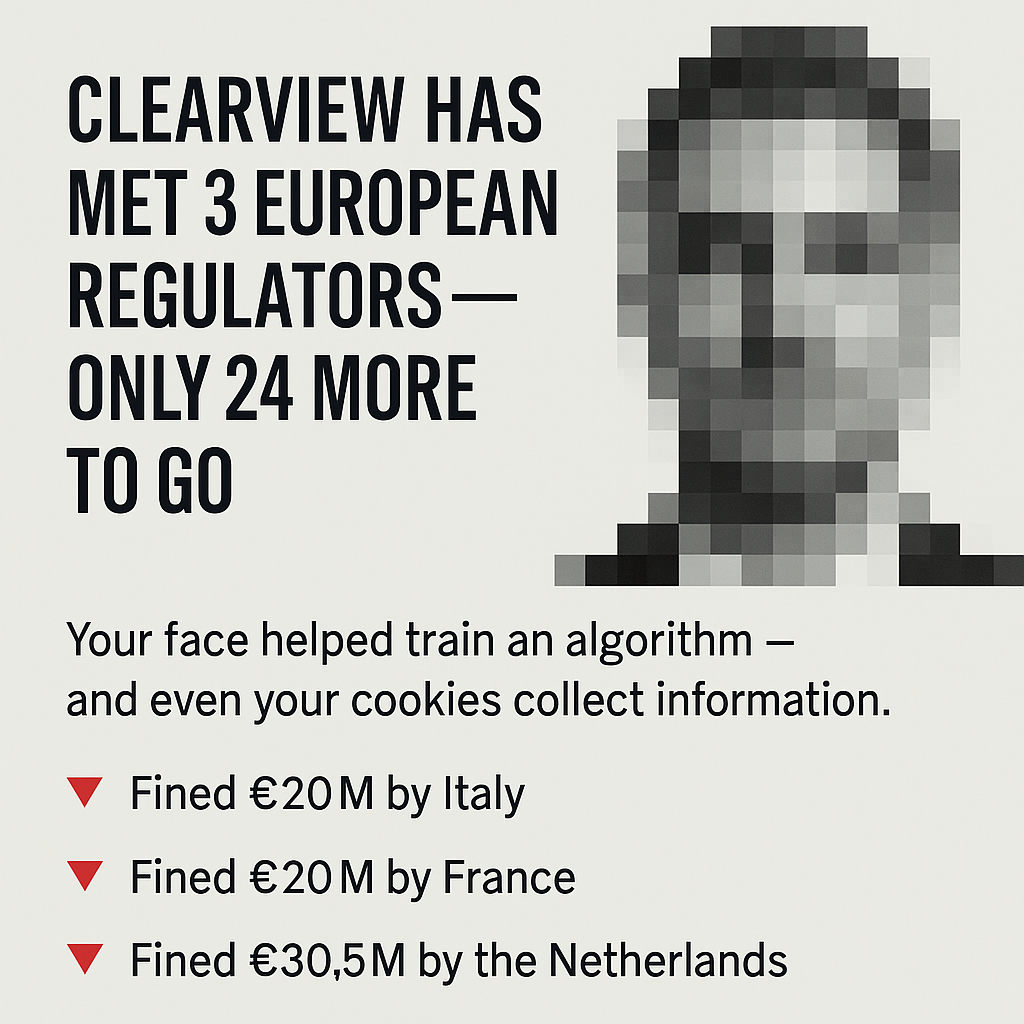
Gianni Dell'Aiuto | WBN News Global - WBN News | Aug 21, 2025
We talk a lot about privacy. We want it, demand it, even click “yes” on boxes that promise it. But here’s the truth: privacy is not the real issue. It’s not even the real word. The real conversation should be about data protection. That’s the word that matters — and it’s the watchword for any serious company today.
Privacy means not spying through someone’s window. It’s about respecting what a person wants to keep to themselves. But data protection means something different: it means making the right use of something a person has chosen to hand over to you — often without realizing how much. As I wrote in a previous article, that person isn’t just giving you data. They’re giving you themselves.
And yet, most businesses still act like putting up a privacy policy is enough. As if a vague, legalistic text on a forgotten web page could somehow balance the weight of what’s happening in the background. As if compliance could be achieved with copy-paste clauses and a checkbox. Or maybe — after the policy — a strong password, and that’s it.
But protecting data requires decisions — not disclaimers. It means understanding what you’re collecting, why you’re collecting it, how long you’ll keep it, and what happens to it once you no longer need it. It means knowing where the data physically is. Who has access to it? What tools touch it? What systems process it? It means being honest about what you do with it and ruthless about what you don’t need.
Let’s stop pretending that data is some passive element — a lifeless file or number on a spreadsheet. Data is power. It describes real people. It can influence behavior, open doors, and close others. It can reveal things that someone never meant to say, but did anyway — by clicking, pausing, swiping, searching.
Misusing it, exposing it, and hoarding it without care isn’t just bad management. It’s a violation.
And in the European Union, but increasingly elsewhere, too, it’s not just unethical. It’s unlawful.
You’re not protecting privacy. You’re protecting rights. And failing to do so means facing fines, reputational damage, lawsuits, and something less visible but more corrosive: a loss of trust.
The same could happen for U.S. and Canadian companies. Even if you're not based in the EU, you are still expected not to violate the rights of EU citizens.
Meta, Google — they know it well, after multiple fines. But it doesn’t stop there. Companies that don’t even trade in “big data,” but rather in images — like Clearview — or in AI, like Lukas, are now facing the same consequences.
So the next time your company updates its website or designs a new app, don’t start by asking where to put the cookie banner. Start by asking what data you’re collecting — and whether you should be collecting it at all.
Because protecting data is not a checkbox. It’s a responsibility.
Previous Article:
 WBN NewsGianni Dell’Aiuto
WBN NewsGianni Dell’Aiuto
TAGS: #Data Protection Matters, #Privacy Is Not Enough, #Digital Responsibility #Trust Through Transparency, #Beyond Compliance, #Ethical Tech, #GDPR Compliance #Gianni Dell’Aiuto
Gianni Dell’Aiuto is an Italian attorney with over 35 years of experience in legal risk management, data protection, and digital ethics. Based in Rome and proudly Tuscan, he advises businesses globally on regulations like the GDPR, AI Act, and NIS2. An author and frequent commentator on legal innovation, he helps companies turn compliance into a competitive edge while promoting digital responsibility. Click here for more information on his website
Editor: Wendy S Huffman



